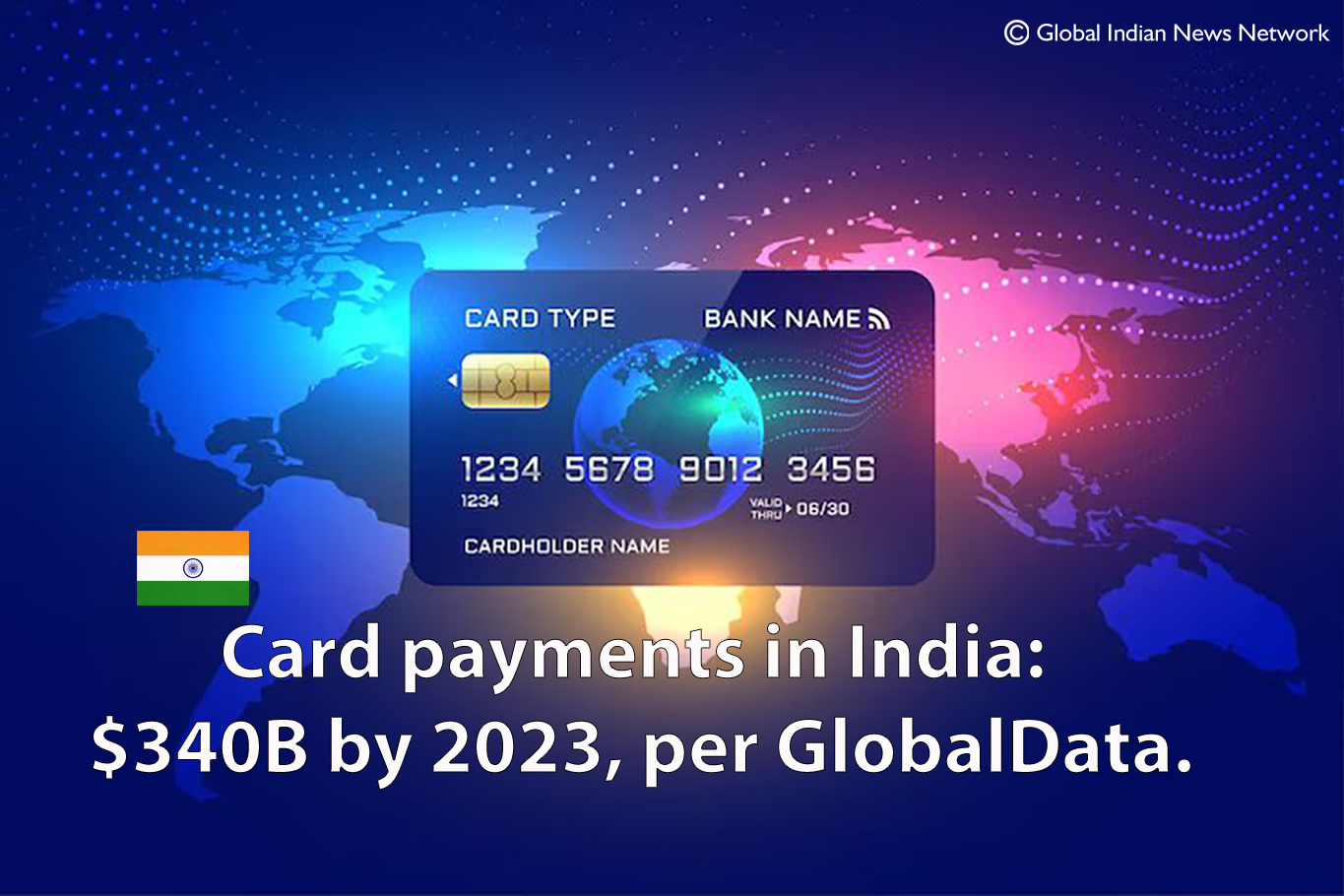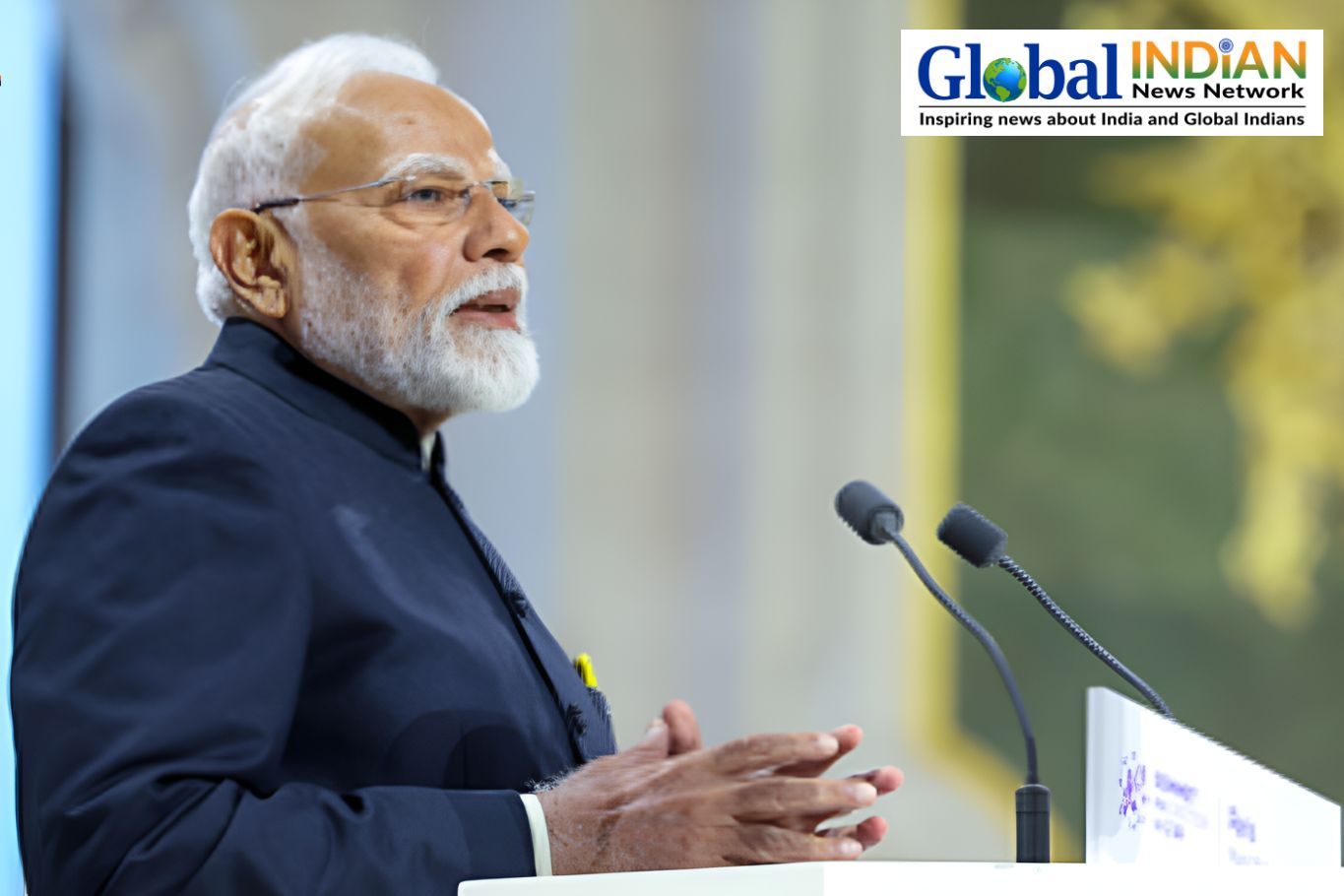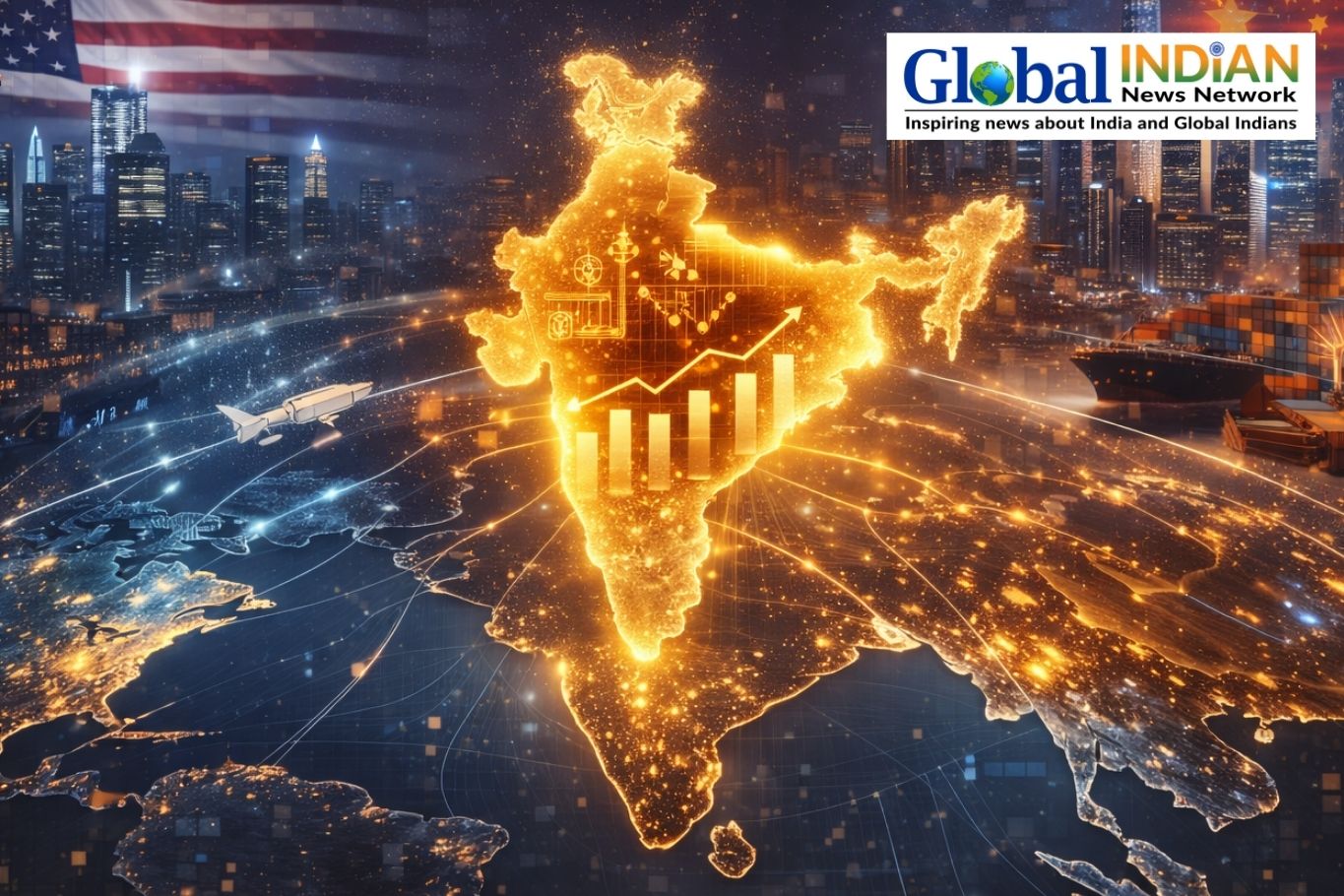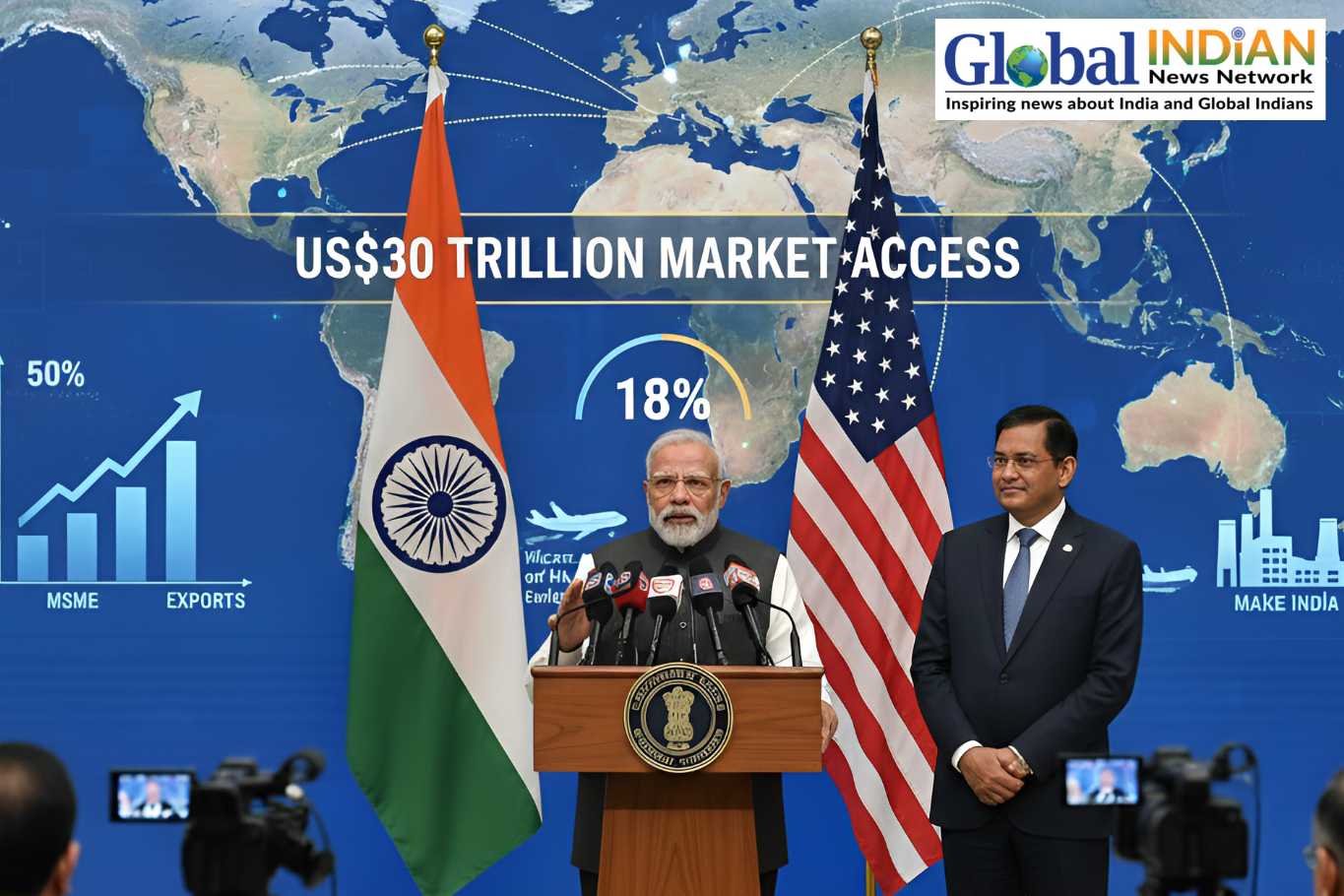 As outlined in a recent report by GlobalData, the trajectory of card payments in India is set to reach a significant milestone in 2023, projected to hit Rs. 27.9 trillion (US$ 340 billion). This represents a substantial 28.6% year-over-year growth.
As outlined in a recent report by GlobalData, the trajectory of card payments in India is set to reach a significant milestone in 2023, projected to hit Rs. 27.9 trillion (US$ 340 billion). This represents a substantial 28.6% year-over-year growth.
GlobalData, a prominent data and analytics company headquartered in London, attributes this robust rise in the value of card payments in India to multiple factors. The nation’s burgeoning economy, coupled with the increasing preference of consumers for electronic payments, has significantly contributed to this upward trend. Additionally, regulatory efforts aimed at promoting cashless transactions have played a role in bolstering the adoption of card-based payments. These dynamics are expected to persist not only in 2023 but also in the subsequent years.
The shift from cash-based transactions to card payments has been expedited by various factors, including loyalty and reward programs, particularly during the Covid-19 pandemic. The usage of credit and charge cards has spearheaded a strong resurgence in card payments, witnessing impressive growth rates of 53.0% in 2021 and 46.7% in 2022.
This surge is primarily fueled by increased consumer spending in sectors such as travel, accommodation, dining, and transportation. Furthermore, the allure of loyalty programs and associated benefits, including convenient installment plans and discounts, has contributed to the growth of credit and charge card payments. Projections for 2023 anticipate a sustained growth rate of 38.1% in this segment.
In contrast, debit card payments are projected to experience a more modest growth rate of 9.5% during the same period.
The momentum towards card-based payments is further reinforced by the government’s initiatives to enhance the electronic payment infrastructure. The Reserve Bank of India (RBI) established the Payments Infrastructure Development Fund (PIDF) in January 2021 to support the growth of payment infrastructure. Contributions from banks, card networks, and the RBI feed into this fund, which aims to provide financial assistance to retailers for the installation of QR codes and point-of-sale (POS) terminals.
A noteworthy development occurred in June 2022 when the RBI’s decision led to merchants becoming eligible for subsidies ranging from 60% to 75% for POS terminal installation costs and from 75% to 90% for QR codes. Thanks to the financial backing provided by PIDF, the country has effectively deployed over 480,000 POS terminals and established 18.3 million QR code acceptance sites by December 2022.









